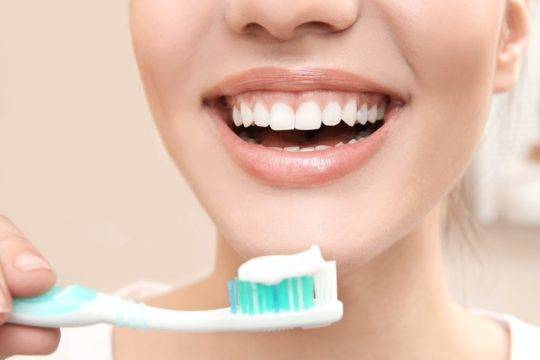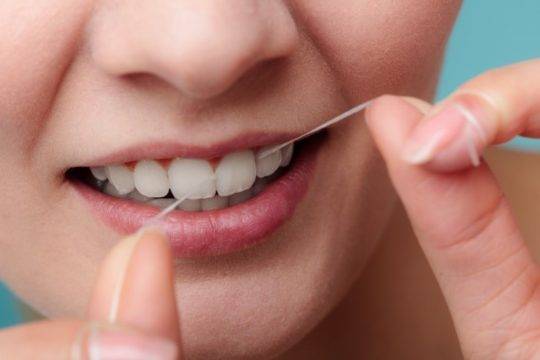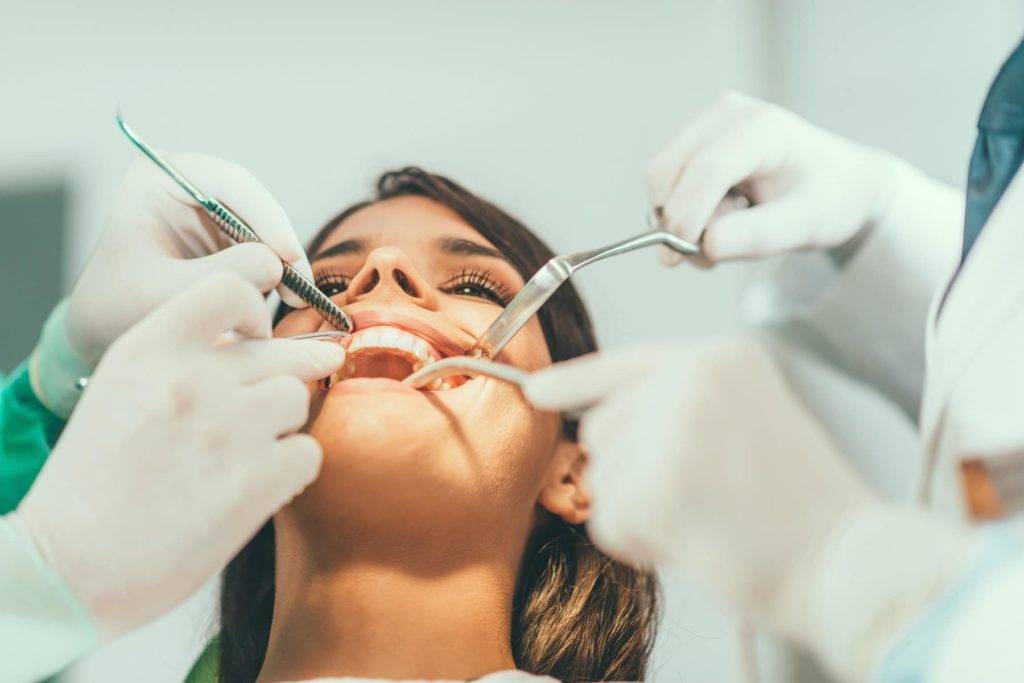The pandemic came like a hurricane and disrupted human life as we knew it. Caused by a possible zoonosis in Wuhan, China, the COVID-19 pandemic spread to all corners of the world in less than three months.
While the entire healthcare community scrambled to save as many lives as they could, the safety of their families, co-workers, and themselves was at stake during the initial phase of the pandemic.
The dental community, which fought shoulder-to-shoulder with the rest of the healthcare workers, suffered heavy losses as most clinics worldwide, including India, were shut, allowing only emergency procedures. Due to the pandemic, general practitioners, periodontists, orthodontists, and dental hygienists experienced a significant impact.
But more than dentists, people who needed dental treatment were forced to knock on the doors of the emergency departments in hospitals that were already burdened by COVID-19 cases.
To enable dental practitioners to return to work and treat their patients, guidelines were developed by the top health and dental bodies to ensure dental treatments could begin safely.
To avoid having a dental emergency, it is recommended that you follow good dental hygiene. A cleaner, the healthier mouth will mean lesser dental infections.
Here’s a quick dental care guide to maintaining healthy teeth during the pandemic!
Proper tooth brushing

American Dental Association recommends brushing your teeth for at least two minutes twice a day. While focussing on the front of your teeth, also brush on your gums, tongue, and your teeth’ back surface.
Flossing is key

Flossing uses a waxed dental floss (a flat thread) to clean the area between your teeth and gums, a common area where food debris and hardened plaque (calculus) accumulate to cause tooth decay and gum infections.
Flossing is essential since your toothbrush cannot reach these narrow areas between your teeth and gums. Depending on the gap between your teeth, you can pick a thick or thin floss. You can choose between a floss with or without a handle or a water floss. Ask your dentist about the right way to floss your teeth.
Did you know that you must ideally floss between your teeth before brushing? This allows your fluoridated toothpaste to reach the crevices between your teeth and gums. Floss gently to avoid any harm to your gums.
Eating a healthy diet

While eating a healthy diet ensures good health, consuming sugar-based, carbonated beverages like soda and energy drinks weaken your tooth structure, making it easy for bacteria to cause tooth decay and cavities.
Avoid consuming sweetened foods and beverages and load up on nutritious food in each meal.
Take care of your dental appliances
If you are undergoing braces treatment, speak to your orthodontist about your appointments. While you may have food restrictions based on the type of orthodontic appliance you are wearing, keeping these appliances and your teeth clean is crucial to avoid tooth decay.
Depending on the requirement, you can use a regular toothbrush, proxy brush, dental floss, and mouthwash.
Dealing with a Dental Emergency
Despite maintaining good oral hygiene, you may develop a dental emergency that may require you to visit your dentist immediately. In such cases, the primary thing to do is to book a teleconsultation with your dentist at the earliest. Your dentist will determine how urgent your dental treatment is during your appointment.
Your dentist may prescribe medications to help alleviate your symptoms and schedule an appointment at a less risky date and time.
COVID-19 pandemic may not be over yet but taking care of your teeth and gums is a responsibility of a lifetime. If you are unsure about signs and symptoms or wish to see a dentist immediately, call us or drop in at your nearest Sabka Dentist clinic, and our dental experts are available at your service!










